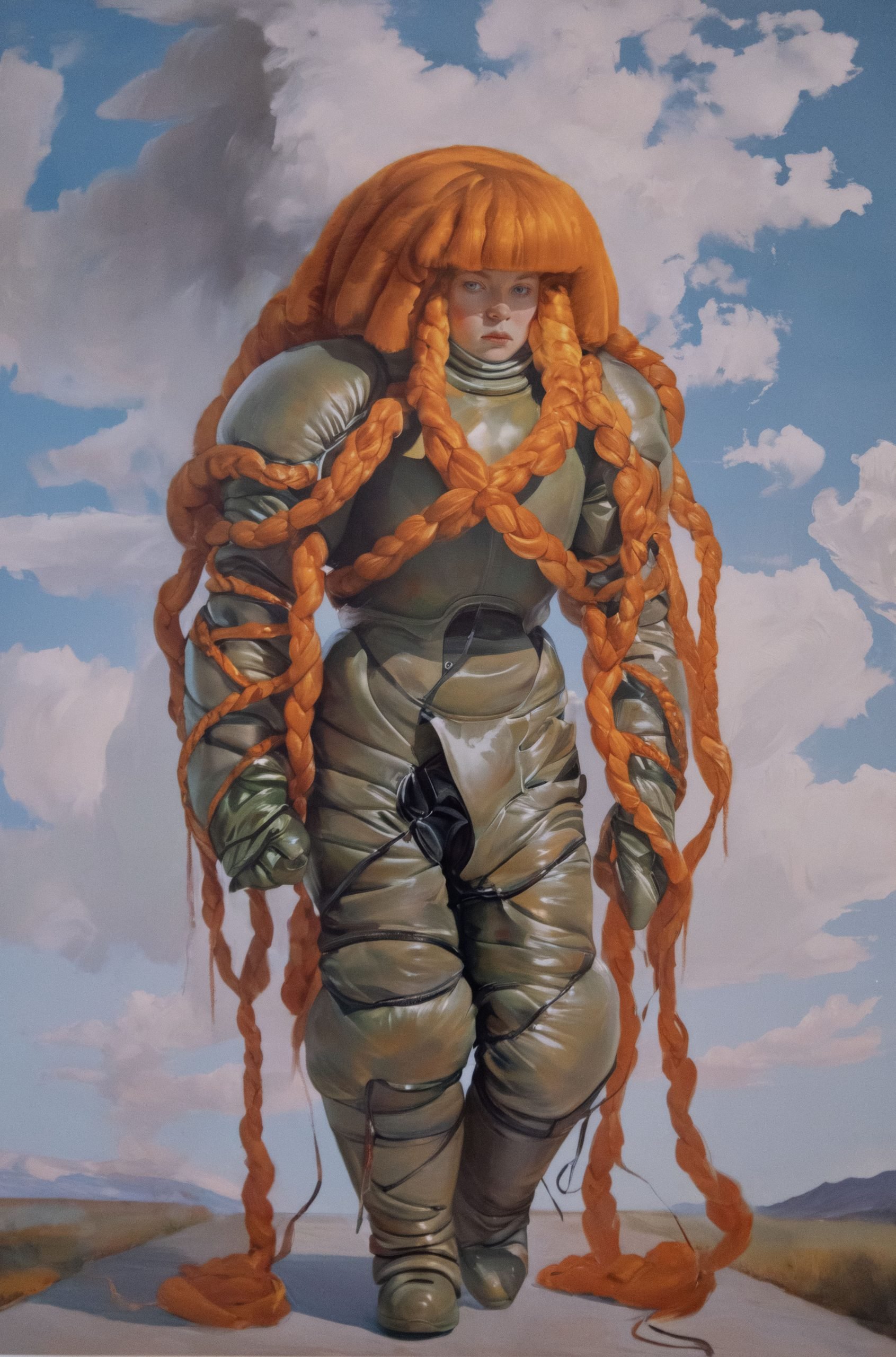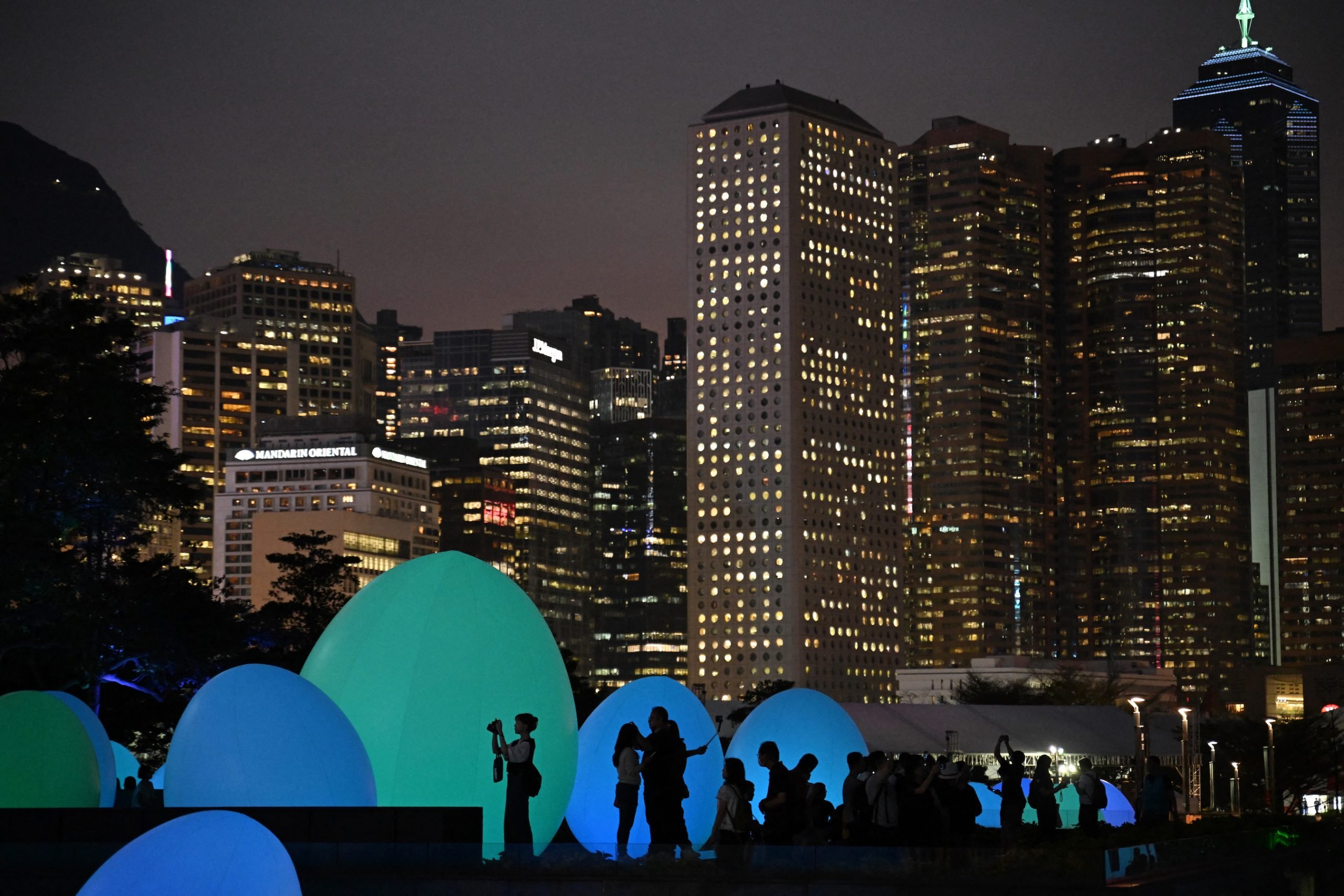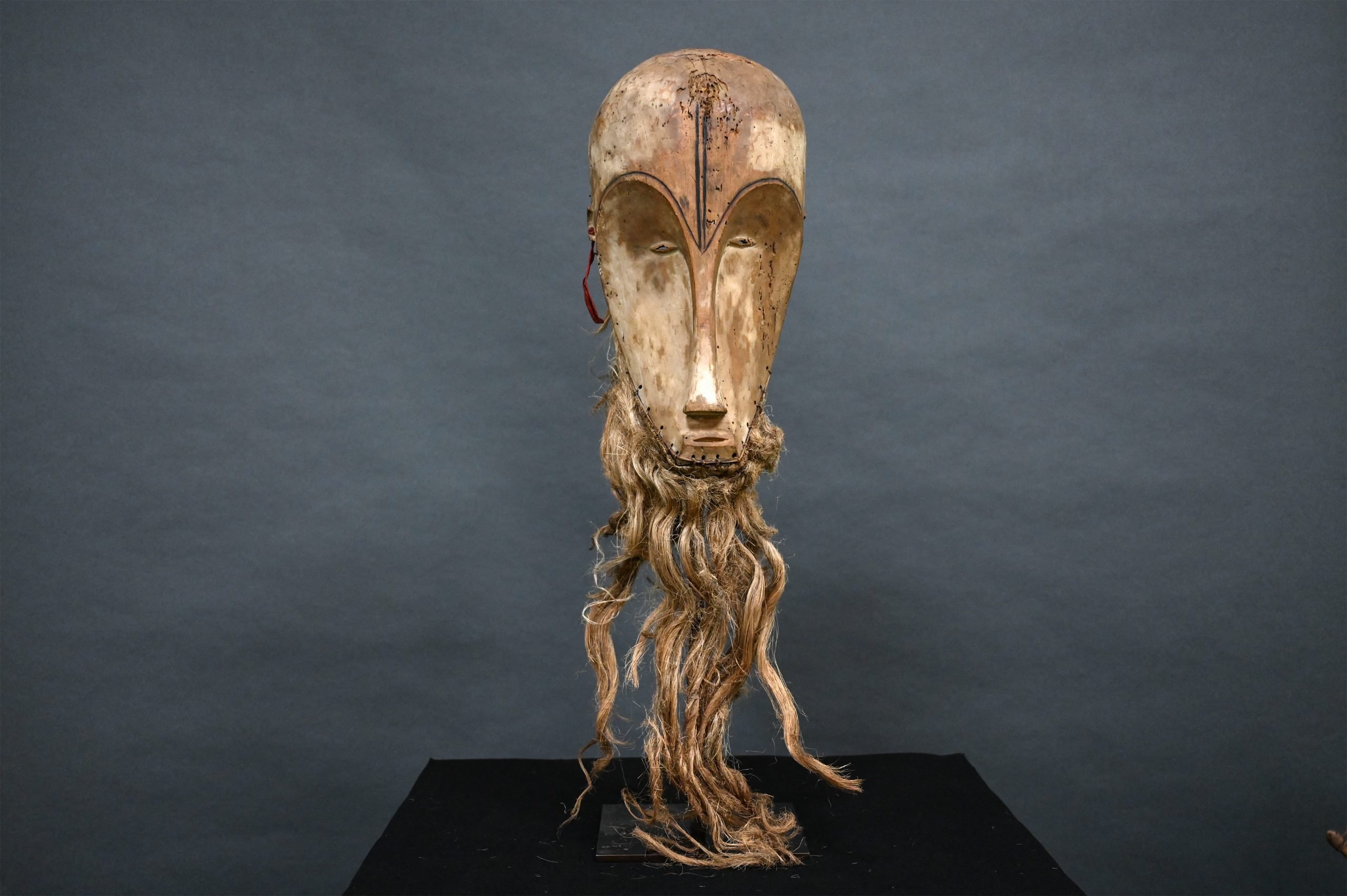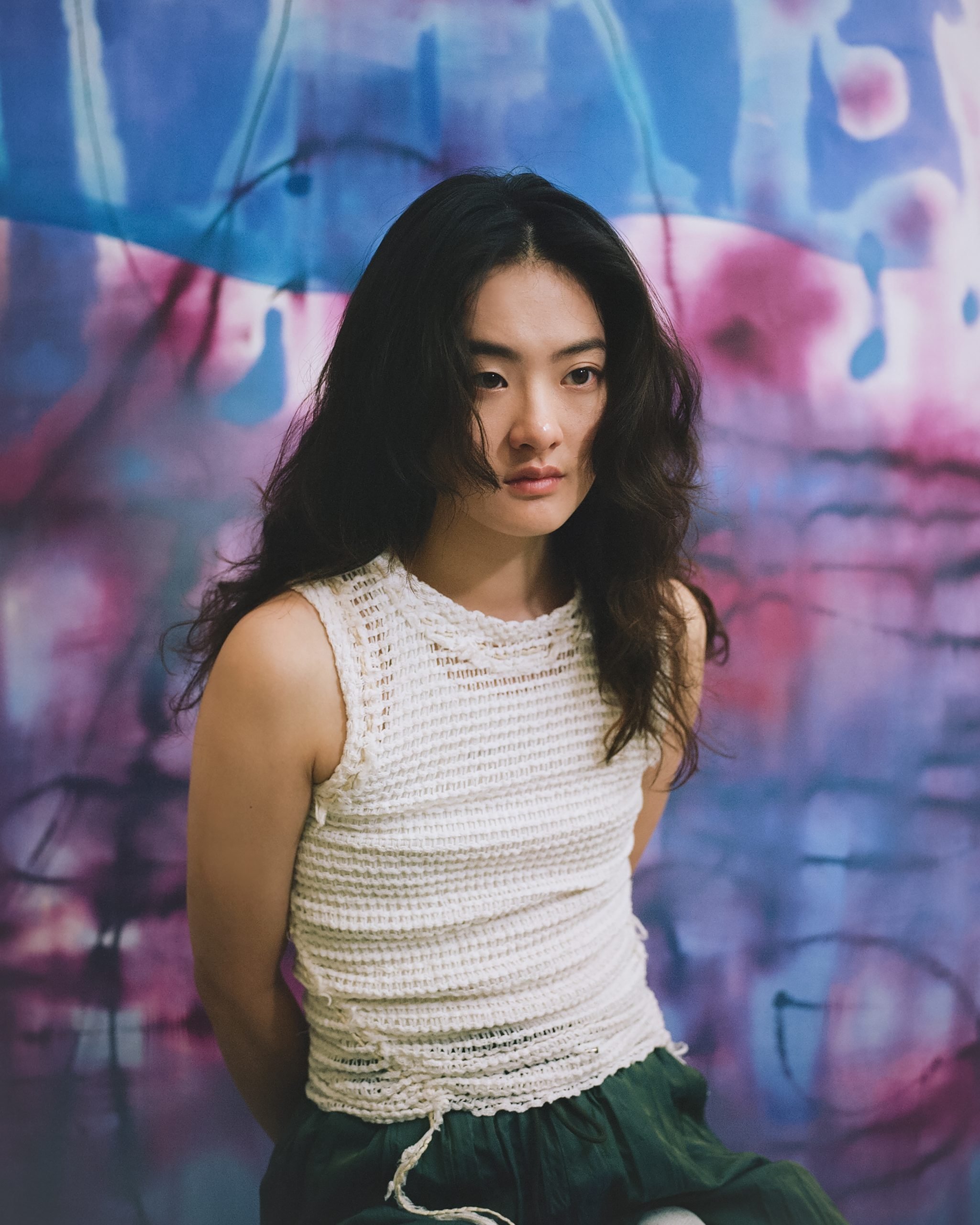On January 1, the year 2014 looked like it was going to be a banner year for Russian soft power. With the Olympics in February, the G8 annual summit scheduled to be held in June for the second time since Russia joined the group in 1997, and, particularly for aesthetes, the roaming European biennial of contemporary art, Manifesta, opening later the same month and celebrating political and cultural progress in the country, Russia was set to shed any remnants of a hardened Soviet image and present a modern, forward-looking face to the world.
Admittedly, despite some foibles in its early moments, the Olympics went off without a hitch. Yet, as the US and other world powers mull both a boycott of the G8 summit scheduled for June 4-5 in Sochi and a possible ousting of Russia from the group of eight altogether in response to the country’s incursion on the Crimean Peninsula, the placement of Manifesta’s 20th anniversary edition looks ever more precarious.
Currently, the State Hermitage Museum in St. Petersburg is scheduled to play host to Manifesta from June 28th to October 31st. The biennial’s location in Russia has already come under scrutiny in the press due to the country’s recent saga of anti-homosexual legislation and censorship of regime-critical art (not to mention the Pussy Riot problems). Klaus Biesenbach took to Twitter and artist and curator Noel Kelly launched a petition this past August, calling for the relocation of Manifesta 10 following 2013’s adoption of a law banning what the Russian government describes as homosexual propaganda.
Manifesta’s problems multiplied over the weekend, as the Russian parliament granted President Vladimir Putin the go-ahead for military intervention in the Ukraine. The move has been received with near-universal condemnation worldwide and calls for sanctions against the Kremlin. Mr. Putin reportedly backpedaled slightly on Tuesday, telling journalists that he had no intention to annex the Crimean Peninsula and removing troops that had been performing scheduled exercises from Russia’s western border. However, masked unidentified soldiers, presumed to be from Russia, remain close to Ukrainian military installations in the southeast. Although the Cold War–style conflict that many feared might erupt from the incursion appears to have been diffused for the time being, Cold War–style rhetoric does seem to be taking firmer hold.
The latter poses what is a potential ideological challenge to Manifesta’s charter and to its thematic brief for 2014. Curated by Kasper König, former director of Cologne’s Museum Ludwig, the exhibition is poised to tackle “the historical perspective of St. Petersburg’s view to the West, and its extensive relationship with Europe at large,” as well as “new social, cultural, and political realities” in the 25 years since the Cold War.”

Kasper König pictured at the Museum Ludwig in 2009.
Photo: © Raimond Spekking / CC-BY-SA-3.0 (via Wikimedia Commons)
On Tuesday, the Kremlin amended polarizing rhetoric that over the weekend and on Monday, March 3, led analysts to suggest the existence of a belief within the regime of a Western-led coup in the Ukraine. However, the current state of affairs—with foreign ministers from around the EU still huddled in emergency meetings regarding the Russian matter—doesn’t exactly lend itself to a celebration of European art in the country’s second city with only four months to go until opening day. (When contacted for this article, Manifesta director Hedwig Fijen expressed her concern regarding the ongoing developments in Crimea via a representative but, citing the developing situation, declined to respond to questions regarding her organization’s plans.)
Most imminently at stake are the very political realities König’s exhibition plans to confront. Aside from the still-troubling anti-homosexual stance taken by the regime—and oft-challenged in Sochi, where the Kremlin seemed to have hit pause on the enforcement of its propaganda legislation—the current status-quo serves to underscore a growing rift between Europe at its easternmost state. (It’s no secret that Mr. Putin thinks the fall of the USSR was a disaster for his country.) And, while events like biennials can be useful in bridging such rifts and seeding new common ground, one wonders how much interest (if not disdain) the Kremlin has in a European biennial located within its cultural crown jewel.
While any action on Manifesta’s part remains hypothetical at best, it would not come without precedent. Manifesta 6, which was to be held in Nicosia, Cyprus was called off just three months before it was set to open in 2006 due to tensions between the three curators—Florian Waldvogel, Mai Abu ElDahab, and Anton Vidokle—and Nicosia for Art, the city’s nonprofit organization sponsoring the exhibition. That decision was made on both logistical and political grounds, with Nicosia for Art having backpedaled on previous allowances for portions of the exhibition to occur in the Turkish-Cypriot community, according to Vidokle at the time. With Manifesta 10 approaching a similar pre-exhibition time frame, it’s hard to imagine a tertiary option to cancellation or staying their course, such as what might have been feasible even this past August.
That said, König has never been one to shy away from a challenge or a measure of controversy, for that matter. And the recent events may only serve to embolden his efforts for Manifesta 10, if it does indeed proceed as planned. Should he be able to navigate these currently tumultuous waters and pull off a show that, at best, drives his planned program forward and interrogates the very geopolitical divide we appear to be straddling, all the better. However, as warning shots from Russia rifles ring out over the Ukrainian airbase of Belbek, it would appear that König’s yoke grows heavier by the hour.
Follow Artnet News on Facebook:
Want to stay ahead of the art world? Subscribe to our newsletter to get the breaking news, eye-opening interviews, and incisive critical takes that drive the conversation forward.





